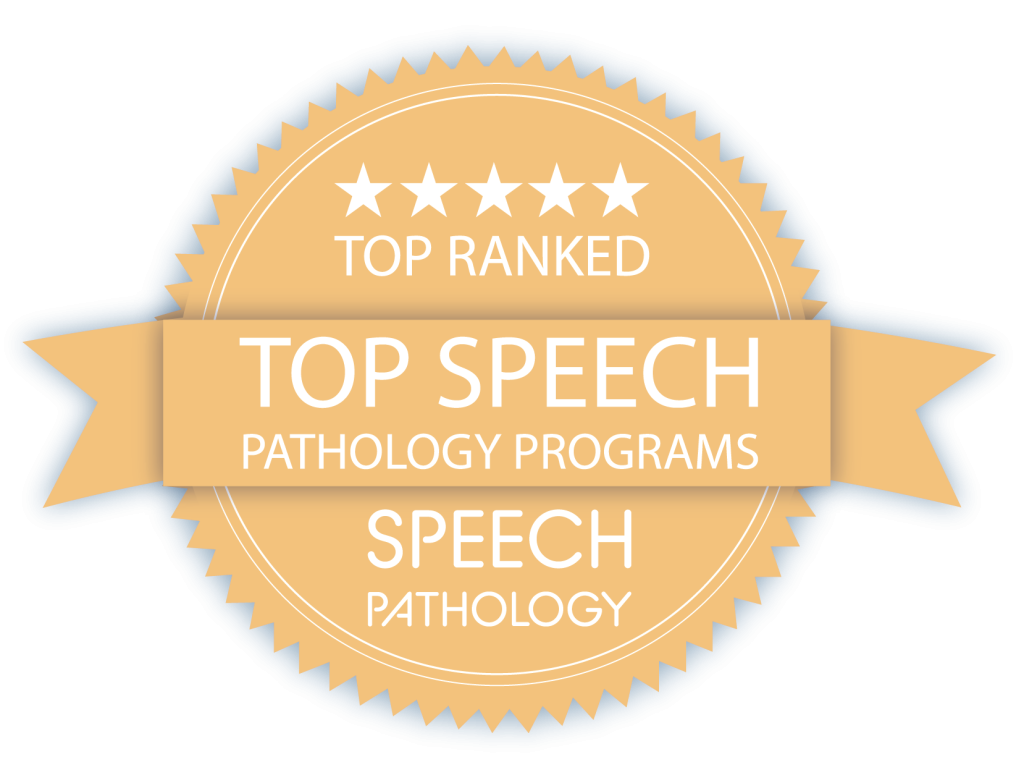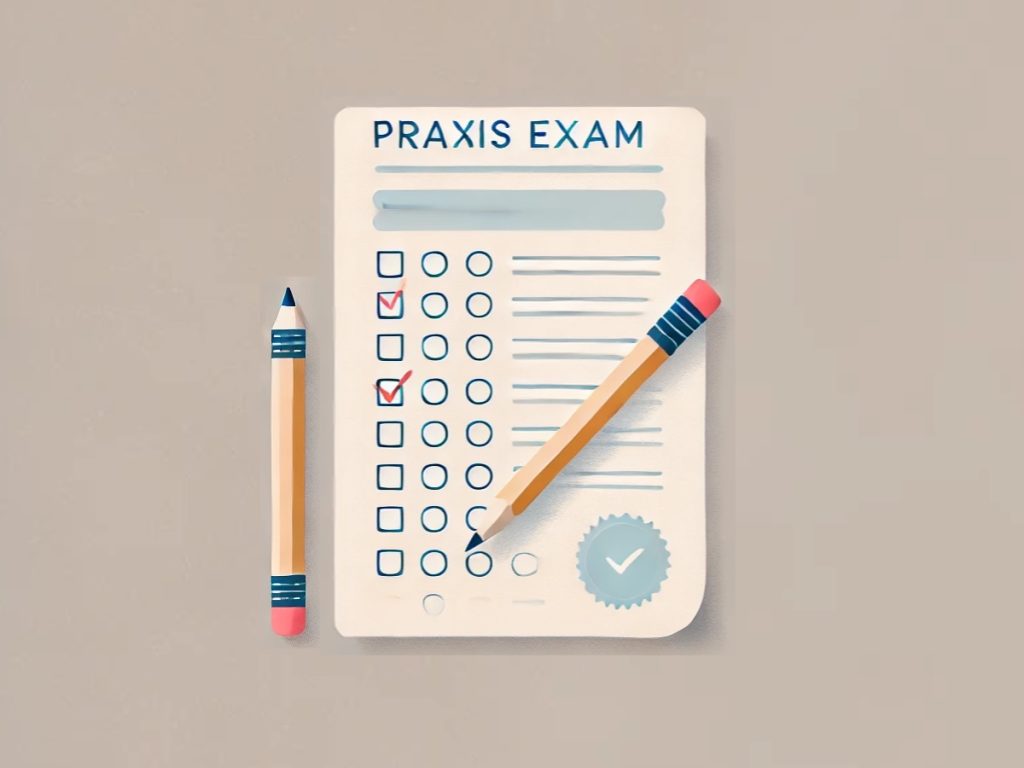Last Updated
April 14, 2025Written By
Benjamin Thompson, M.S., CCC‑SLPFor those looking for the best Speech-Language Pathology degree programs in Oregon, the state has certain advantages that make it more attractive than other states. There are many programs accredited by ASHA, which guarantees high-quality education relevant to Oregon’s needs. They also provide research opportunities, clinical training and hands-on experience in diverse settings. The SLP job outlook in the state is very good: The Oregon Employment Department expects a 13.5 percent growth in speech pathologist jobs between 2020 and 2024, higher than the national average, due to an increasing population, especially the elderly, and more requirements in schools and healthcare.
The speech-language pathologist careers hub, Portland, has a strong healthcare sector and a progressive culture that boosts job prospects. Salaries in Oregon are average with SLPs receive about $98,900 annually (latest BLS data), which is more than the national average of $92,630 and is better in urban areas, including Portland. When comparing other states, Oregon’s quality speech pathology education, strong job growth, and above-average pay—set against its stunning natural backdrop—make it a compelling choice for aspiring SLPs.

Speechpathology.org brings you the top speech-language pathology programs in Oregon based on what students care about most: strong academics, real-world experience, and reputation. Discover leading speech-language pathology programs in Oregon and learn how we choose them at speechpathology.org/rankings-methology.

Eugene, OR - Public 4-Year - uoregon.edu
Campus Based - Visit Website
The University of Oregon's Communication Disorders and Sciences Master's program prepares students for speech-language pathology careers across diverse age groups and settings, including schools, clinics, and hospitals. Emphasizing evidence-based practices and cultural competence, the program focuses on assessing and treating communication challenges through scientific approaches. A notable feature is the Project IDEA scholarship, with applications opening in January 2024. As a master's program, it requires an entrance exam, such as the GRE, for admission.
Forest Grove, OR - Private 4-year - pacificu.edu
Campus Based - Visit Website
Pacific University's Master of Science in Speech-Language Pathology offers a comprehensive graduate program that prepares students for dynamic careers in communication sciences. The rigorous curriculum emphasizes advanced clinical skills, evidence-based practices, and professional competencies through hands-on clinical experience. This campus-based program admits 35 students annually with fall semester entry only and requires a 3.00 overall GPA, 25 clinical observation hours, and CSDCAS application by January 15. Notably, no GRE is required for admission, and the holistic process includes a February interview with decisions by early March. A post-baccalaureate option is available for additional flexibility.
In the case of SLP degrees in Oregon, both the Bachelor’s in speech-language pathology and Master’s programs vary in their rigors and focus. The choice depends on one’s career ambitions and the level of study one wants to engage in. Oregon has strong Bachelor’s programs, for example, Portland State University’s Speech and Hearing Sciences, which requires a high school diploma, a minimum 2.5-3.0 GPA, and sometimes course prerequisites (such as biology, linguistics). These prepare students for assistant roles – for example, SLP aide, who earns between $40,000 and $50,000 annually – or for graduate school. The tuition is $10,000-$12,000 per year in-state.
A Master’s degree in speech pathology is needed for licensure as a full SLP, is offered at schools like the University of Oregon and Pacific University. They demand a Bachelor’s (ideally in SLP), 3.0+ GPA, GRE scores, and 25 observation hours. Tuition is $15,000-$25,000 per year, but Oregon’s 13.5% SLP job growth (above the national average) and $98,900 average salary make it worthwhile. Selecting a Master’s in Oregon plays into the state’s need for speech-language pathologists in schools and healthcare, particularly in Portland’s growing medical scene, rather than a Bachelor’s for faster entry into support roles.
There is no fully online Oregon-based SLP Master’s available, but options exist out of state, including NYU Steinhardt’s online program. A Bachelor’s is appropriate for people trying out the field; a Master’s is for dedicated clinicians who want to make more of a difference and earn more.
In Oregon, those who practice SLP and wish to pursue a doctorate in speech pathology may choose between a PhD and an SLPD, each designed for different purposes. The PhD, a research heavy degree, draws individuals wishing to contribute to the SLP academia or research and are likely to want to be university professors or researchers who advance the field.
Typical admissions require a master’s in SLP, GRE scores, letters of recommendation, and a statement of purpose. On the other hand, the SLPD, a clinical doctorate, is appealing to Oregon speech-language pathologists who want to be great master clinicians or clinical leaders to improve service delivery in healthcare or educational settings. Their admissions may require a master’s in SLP, clinical experience, and sometimes a portfolio.
In terms of career, PhD holders might become professors, researchers, or academic administrators while SLPD graduates might aim to fill positions like clinical directors or specialized clinicians. The cost differs: Many PhD programs offer funding (e.g., assistantships that cover tuition and stipends) whereas SLPD programs which are geared towards working professionals may cost more and have lower financial aid. This is reflected in earnings: PhD graduates may earn more in academia, while SLPD holders may earn more in clinical positions due to expertise.
For students who are looking to stay in Oregon and complete an in person doctorate degree, currently the only option is a PhD in Communication Disorders and Sciences from the University of Oregon. However, there are options for SLPD degrees in online formats from universities such as Northwestern University (hybrid format) or Loma Linda University (mostly online with limited on-campus requirements). Those looking for doctoral programs in Oregon can also look to nearby states for in person PhD and SLPD degree options.
In Oregon, one has to fulfill certain requirements in order to get a Speech-Language Pathologist (SLP) license. The Oregon Board of Examiners for Speech-Language Pathology & Audiology sets these criteria and before practicing independently as a Speech Pathologist, they must be met. You need to have a master’s degree in speech-language pathology from an accredited university and complete at least 400 clinical hours. Next, graduates must pass the Praxis exam and send their scores to the Oregon Board (code #8699). Subsequent to that, SLPs can obtain a provisional license that enables them to practice for the CFY, which is a professional fieldwork that must be done for at least 1,260 hours within 36 weeks. The Clinical Fellowship Report & Rating Form, signed by a supervisor, must also be submitted. After successful completion of the CFY, persons can apply for full licensure.
The Oregon SLP license is good for two years and can be renewed. To renew, one must have 30 hours of continuing education to prove that they are still up to date with the current trends and practices in the profession.
The process of obtaining a licensure as a Speech-Language Pathology Assistant (SLPA) in Oregon is simpler than that of an SLP. The biggest requirements are to obtain an associate or bachelor’s degree in speech-language pathology or a related field and complete 100 hours of clinical practice with clients.
The SLPA license does not involve a Praxis exam or a Clinical Fellowship Year. After meeting the educational and clinical requirements, people can apply for the SLPA license directly from the Oregon Board. In order for the license to remain valid, it has to be renewed every two years and a minimum of 15 hours of continuing education is required for each renewal. This guarantees that SLPAs are current and capable of assisting speech pathologists in delivering quality services.
If you’re eager to jumpstart your career as a speech-language pathologist in Oregon, you’ll be happy to know there are some great options to speed things up! Typically, a bachelor’s degree in speech pathology or a related field takes four years—pretty standard for undergrad. But since a speech pathologist license is a graduate-level profession, you’ll need a master’s degree, which usually takes two years full-time after that, making the traditional path about six years total. Lucky for you, some Oregon schools offer combined programs to cut that time down.
At Pacific University, their 3+2 program lets you earn your bachelor’s in three years and your master’s in two, wrapping up both degrees in just five years—talk about a time-saver! Similarly, the University of Oregon has an accelerated SLP degree track where you can start graduate courses in your senior year, finishing both degrees in around 5.25 years. These options are perfect if you’re itching to get into the field fast without skimping on quality. As for doctorates, Oregon doesn’t offer an SLPD, and while the University of Oregon has a PhD (think 4-5 years post-master’s, research-heavy), there aren’t combined master’s-doctorate tracks. So, for the fastest SLP degree route, those bachelor’s-to-master’s combos are your golden ticket!
| School Name | Highlights | Retention & Grad Rates |
|---|---|---|
| University of Oregon |
|
|
| Pacific University |
|
|
If you’re dreaming of a career as a speech-language pathologist (SLP) in Oregon but worried about costs, you’re in luck—there are affordable SLP degree paths to get you there! Portland State University (PSU) and the University of Oregon (UO) offer solid speech pathology programs, with PSU leading as the budget-friendly choice for bachelor’s and master’s degrees. For Oregon residents, a bachelor’s at PSU averages around $43,000 total (about $10,800/year for four years), while UO’s is pricier at $57,700 ($14,400/year). Non-residents pay more—$119,000 at PSU and $166,800 at UO—but PSU still wins on value. For a master’s, PSU’s program costs residents about $30,000 ($4,923/term over six terms), compared to UO’s $36,300 ($6,048/term). Non-residents face $46,400 at PSU and $60,500 at UO.
Looking at a PhD? UO’s your spot, and here’s the best part—many PhD students snag assistantships that cover tuition and toss in a stipend, making it almost free if you’re lucky! No SLPD exists in Oregon, so focus here. Costs can shift, so check current rates and dig for scholarships. Your speech-language pathologist dream is closer—and cheaper—than you think!
| School Name | Highlights | Annual Estimated Tuition & Fees |
|---|---|---|
| University of Oregon |
|
|
| Pacific University |
|
|

If you have ever been researching speech-language pathology careers and come across the words ‘speech pathologist’ and ‘speech therapist’, you might wonder if they are

If you are pursuing the position of a speech-language pathologist, then you may have heard of the Praxis exam from your professors, classmates, or even

Dyslexia, a common learning difference affecting reading, writing, and language processing, can present unique challenges for students transitioning from high school to college. Fortunately, a

If you are interested in pursuing a career in SLP and have been researching licensing requirements or are simply interested in learning more about SLP